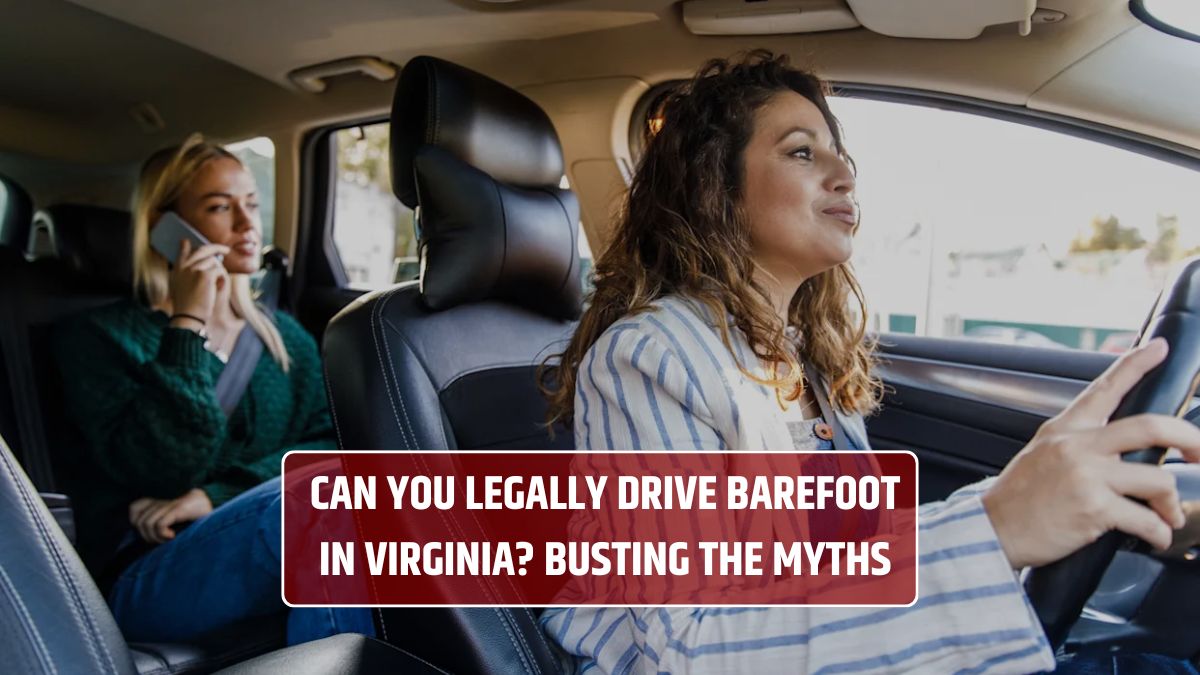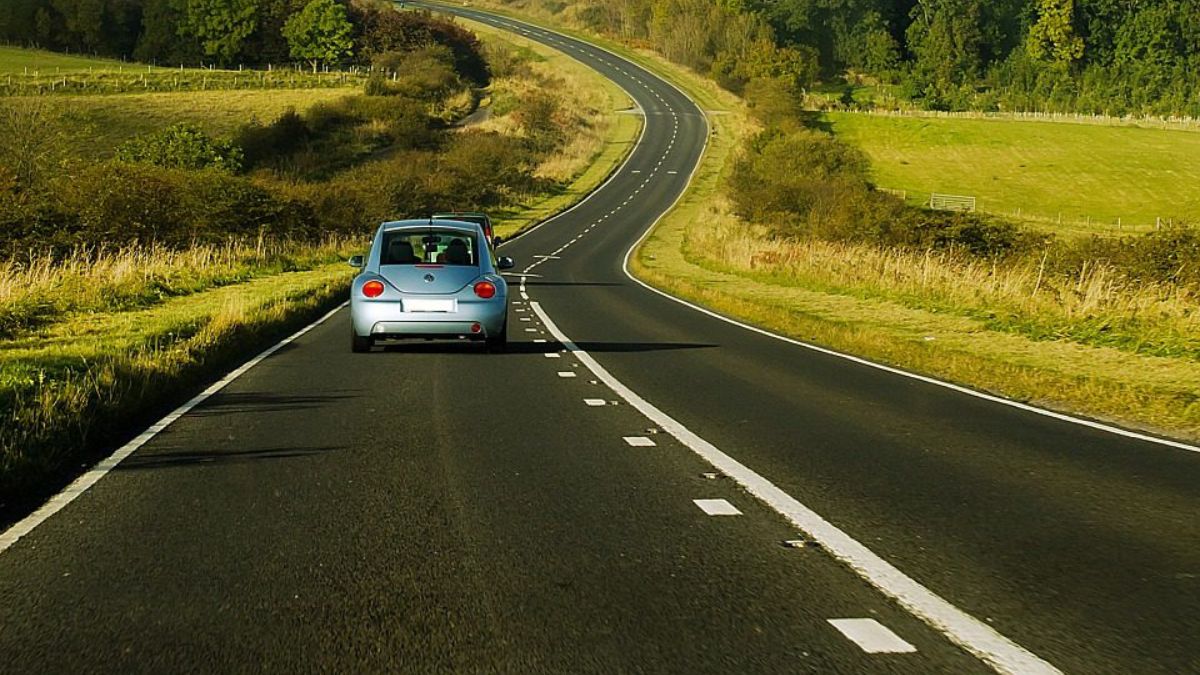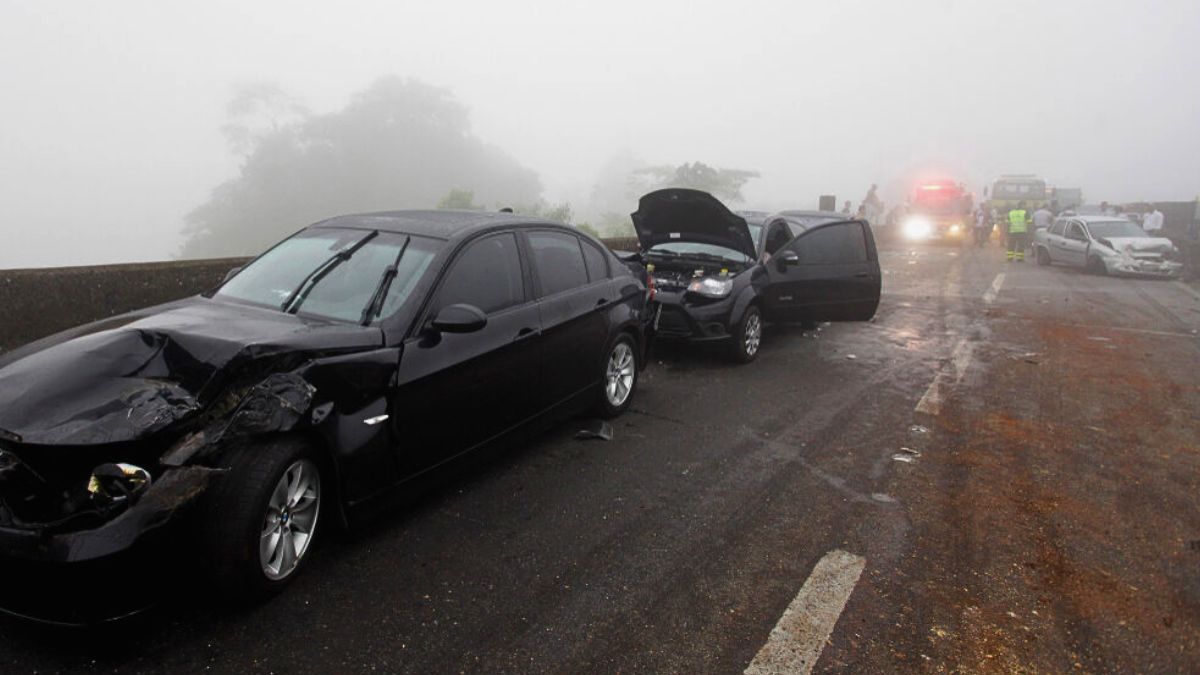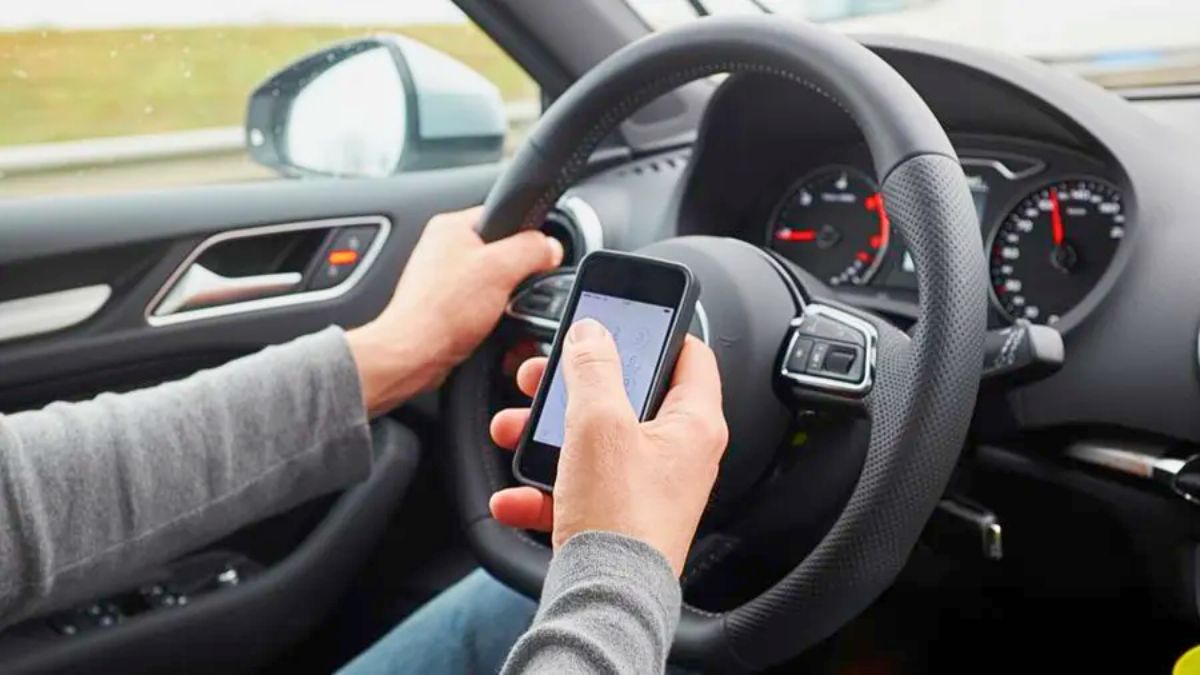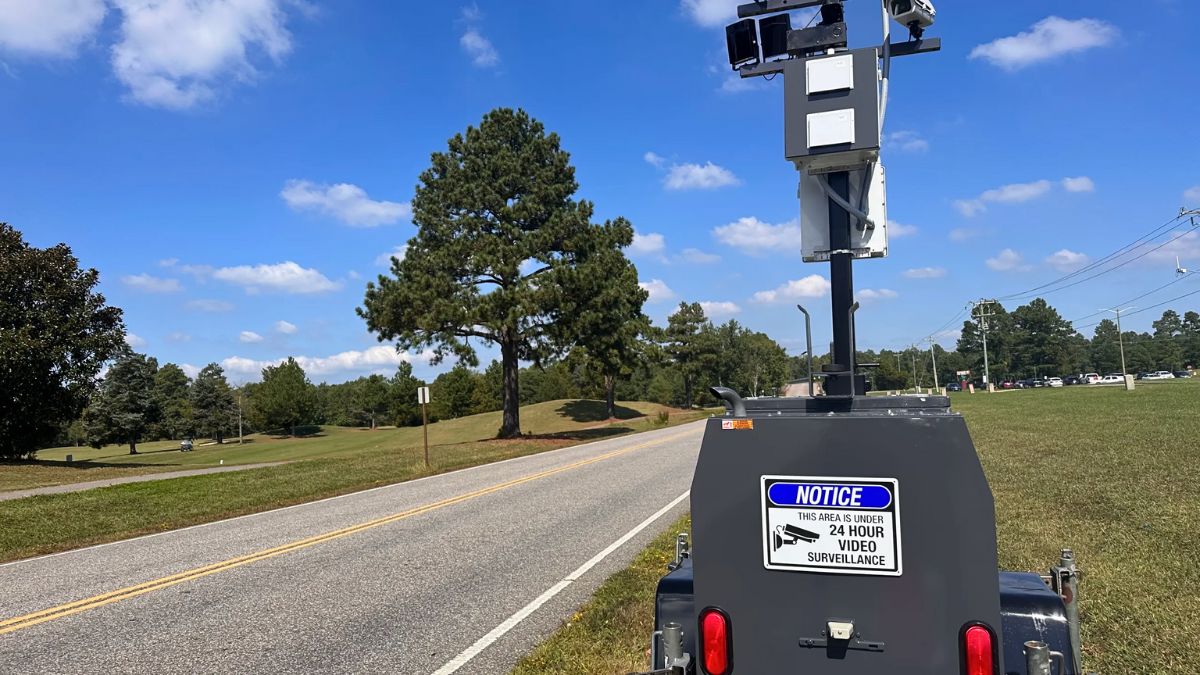Ever heard someone say it’s illegal to drive barefoot? Especially in Virginia? Well, let’s clear up the confusion once and for all. Whether you’re slipping off your flip-flops or cruising after a day at the beach, knowing the actual rules can save you some unnecessary worry—and maybe even a fine (if the myths were true). Let’s separate the facts from the fiction and see what Virginia law really says about barefoot driving.
Legality
First things first: it is 100% legal to drive barefoot in Virginia. There’s no state law that prohibits it. In fact, the same holds true for every U.S. state—there’s no official rule banning you from driving without shoes. That said, just because it’s legal doesn’t mean it’s always the smartest move.
So where does this myth come from? Over time, people have confused legality with safety. And while driving barefoot might raise some safety concerns, the law doesn’t say you can’t do it.
Safety
Now here’s where things get real. Just because something is legal doesn’t mean it’s always safe. Driving barefoot may affect your ability to control the pedals, especially during emergency situations. For example, sweaty feet could slip off the brake, or you might not press hard enough on the gas or brake.
Ironically, some people argue that barefoot driving gives them more control than driving in heels, flip-flops, or heavy boots. And that’s a fair point—loose sandals can get caught under pedals and pose a bigger hazard than going shoeless.
Here’s a quick comparison:
| Footwear Type | Risk Level | Control Over Pedals |
|---|---|---|
| Barefoot | Medium | Medium to High |
| Flip-Flops | High | Low |
| Heels | High | Low |
| Sneakers | Low | High |
Insurance
Here’s a twist you might not expect: even though driving barefoot is legal, it could affect your insurance claim if you’re in an accident. If your barefoot driving is found to have contributed to the crash, the insurer might reduce or deny your claim. Again, it’s not about legality—it’s about liability and negligence.
Some adjusters may ask, “Would wearing proper footwear have prevented the accident?” If the answer is yes, you might face complications. So while it’s not illegal, it can come back to bite you if things go wrong.
Misconceptions
Let’s bust a few more barefoot driving myths:
- Myth: You can get a ticket for driving barefoot.
Fact: Nope, not in Virginia. It’s totally legal. - Myth: Barefoot driving is always unsafe.
Fact: Not necessarily. It depends on the driver and situation. - Myth: It voids your insurance.
Fact: Only if it contributes to an accident.
The bottom line? Know your own comfort level and consider the road conditions. If you’re planning a long trip or driving in tricky terrain, solid shoes might be your best bet.
Alternatives
If you really hate driving in shoes but want to stay on the safe side, keep a pair of driving shoes in your car. Lightweight sneakers or flexible moccasins can offer grip without bulk.
Also, if you’re switching between different types of footwear during the day (like dress shoes or heels), consider bringing something more practical for the drive.
Leaving a pair in the car gives you the best of both worlds—comfort and safety.
So, can you drive barefoot in Virginia? Absolutely. But should you? That depends. If you’re confident and careful, there’s nothing in the law stopping you. Just weigh the risks, know your rights, and make sure you stay in control—shoes or no shoes.
FAQs
Is driving barefoot legal in Virginia?
Yes, it’s completely legal to drive barefoot in Virginia.
Can I get fined for driving without shoes?
No, there are no fines for driving barefoot in Virginia.
Is it safer to drive barefoot or in flip-flops?
Driving barefoot is usually safer than driving in flip-flops.
Does barefoot driving affect insurance claims?
It could, if it’s found to contribute to an accident.
Are any U.S. states banning barefoot driving?
No, barefoot driving is legal in all 50 U.S. states.
